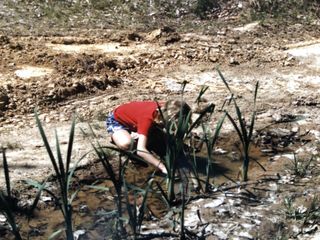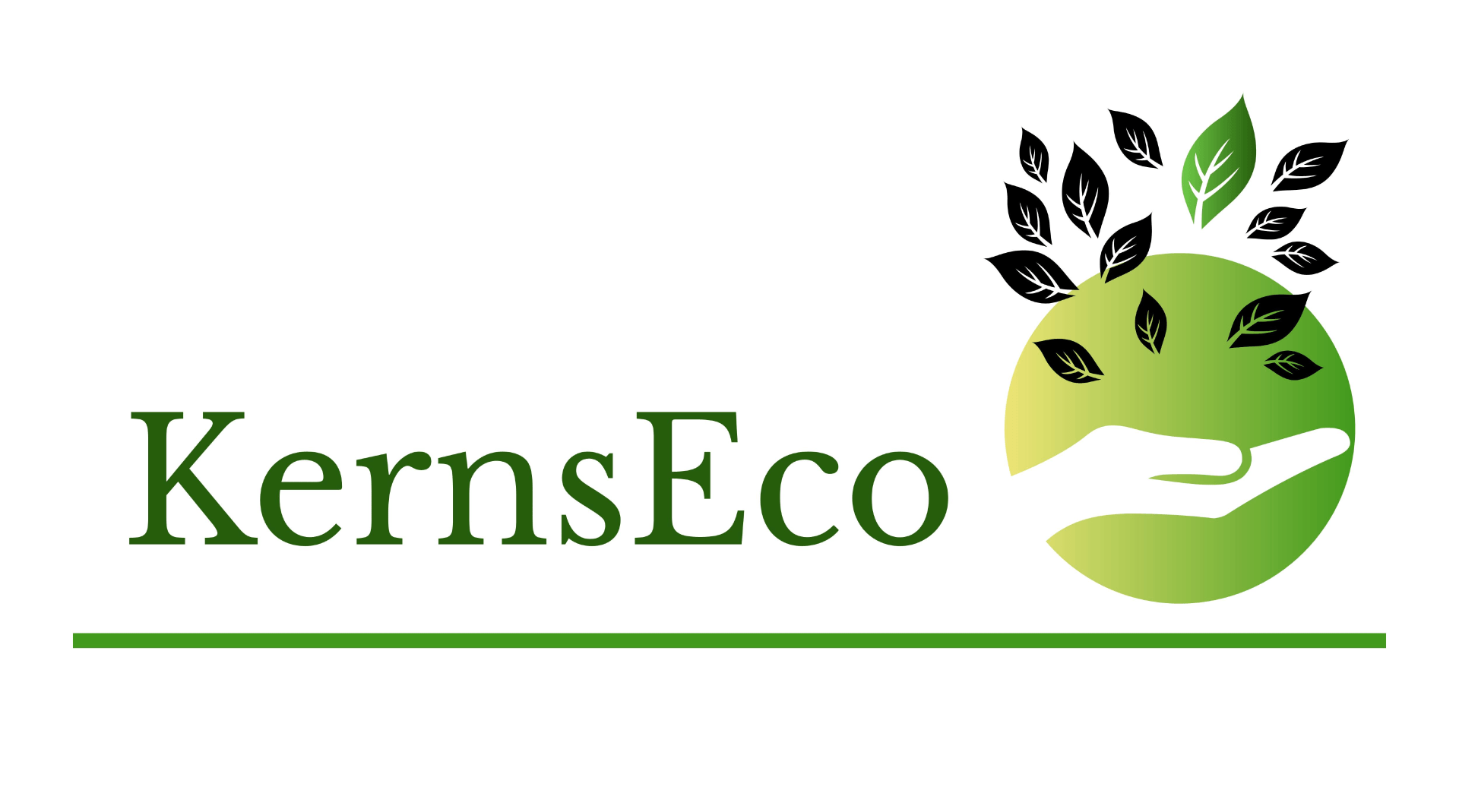About and FAQ's

Adolescent Courtney observes newts in West Virginia
About Courtney
Courtney Kerns has been an avid student of nature since childhood. She started seriously birdwatching at age 12, which led to a Bachelor's degree in Wildlife Management from West Virginia University and a Master's degree in Wildlife Science from the University of Missouri, where she researched prairie bird nesting ecology in North Dakota. She worked for universities, a nonprofit, and federal agencies monitoring breeding birds. Shortly after grad school, she realized she needed to know much more about native plant communities and wiggled her way into the botany and forest ecology world. She worked for the Minnesota DNR for several years, documenting rare plants and collecting vegetation data in several counties, mapping native plant communities in ArcGIS, and helping train foresters in native plant community classification and plant identification. Courtney also taught Forestry classes at the community college level. She is now excited to help landowners learn about their land, and continues to serve governmental and nonprofit clients as a consultant. Courtney also loves spending time with her husband and two rescue dogs, hiking in the woods and bogs, taking photographs, and exploring horticulture and gardening.

FAQ's
- Q. Do you help landowners plan timber harvests or manage game animals ? A. No, my focus is on all the other parts of our amazing northern Minnesota ecosystems. We are fortunate to have several great professionals already doing work in those areas, and I'm happy to point you toward them. I do provide information related to forest health and function, such as observations about tree regeneration (or obstacles to regeneration), species composition, and climate resiliency.
- Q. Where do you work? A. I work in Itasca, Aitkin, St. Louis, Koochiching, Beltrami, Cass, and Crow Wing Counties. Larger projects outside those counties considered.
- Q. What if you find a threatened endangered plant or animal on my property? A. Landowners are not required to report this data. All findings will be kept confidential, unless you specify that you would like me to contact a relevant agency to further the conservation of the species.
- Q. I'm really busy/am not usually at my property! Can you do a site visit without my being there? A. Absolutely! I can flag species of interest and have a phone conversation as an alternative to visiting in person.
- Q. Are you COVD-safe? A. Yes! I'm fully vaccinated and will take whatever precautions you deem necessary.
